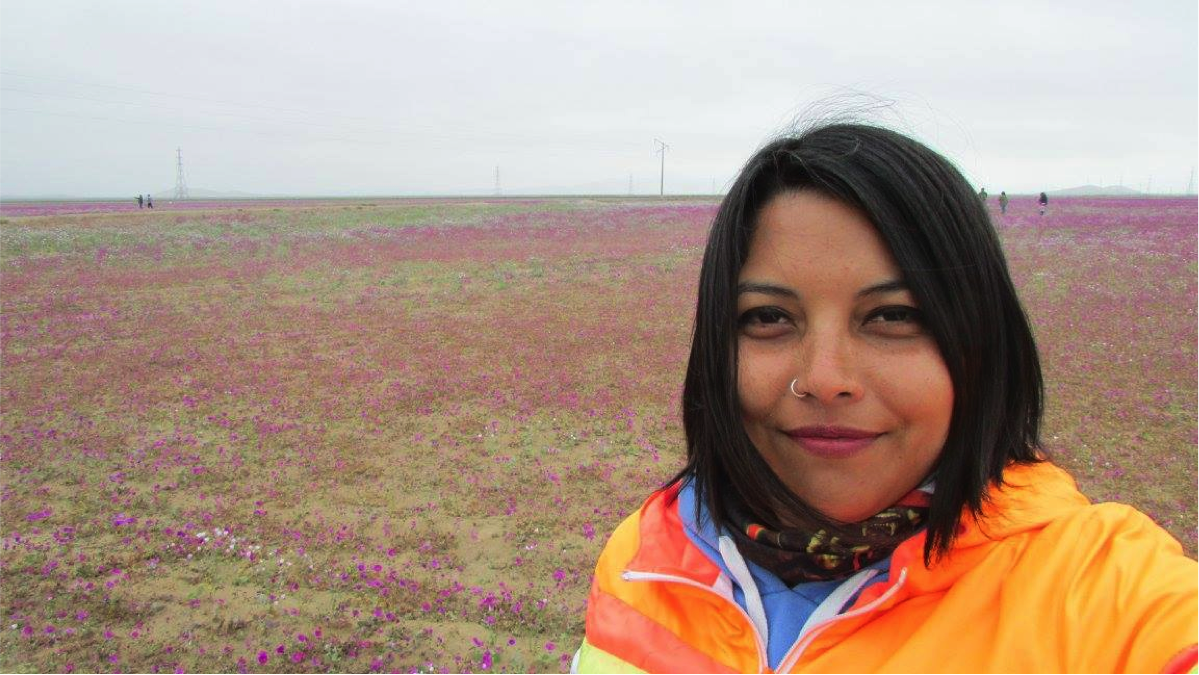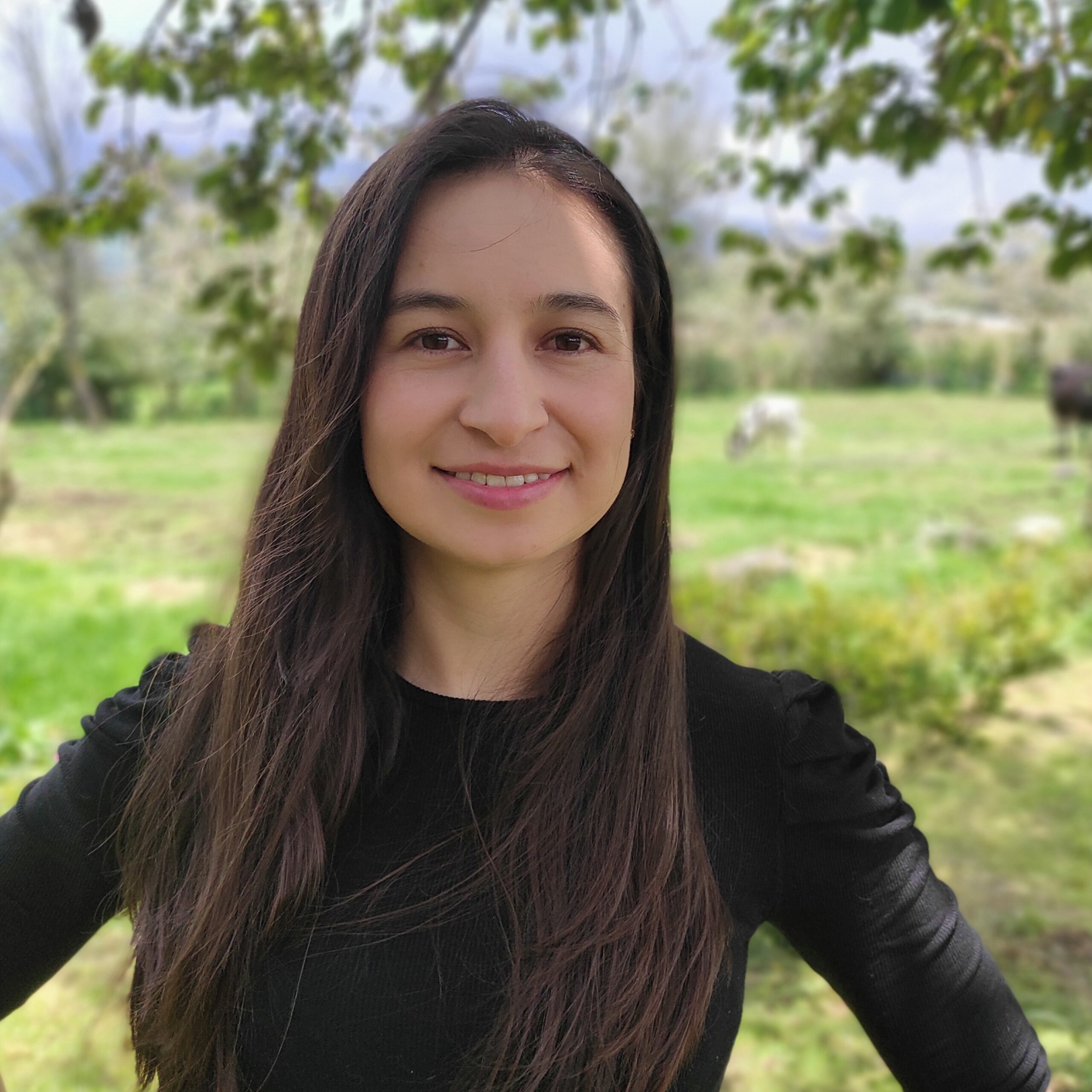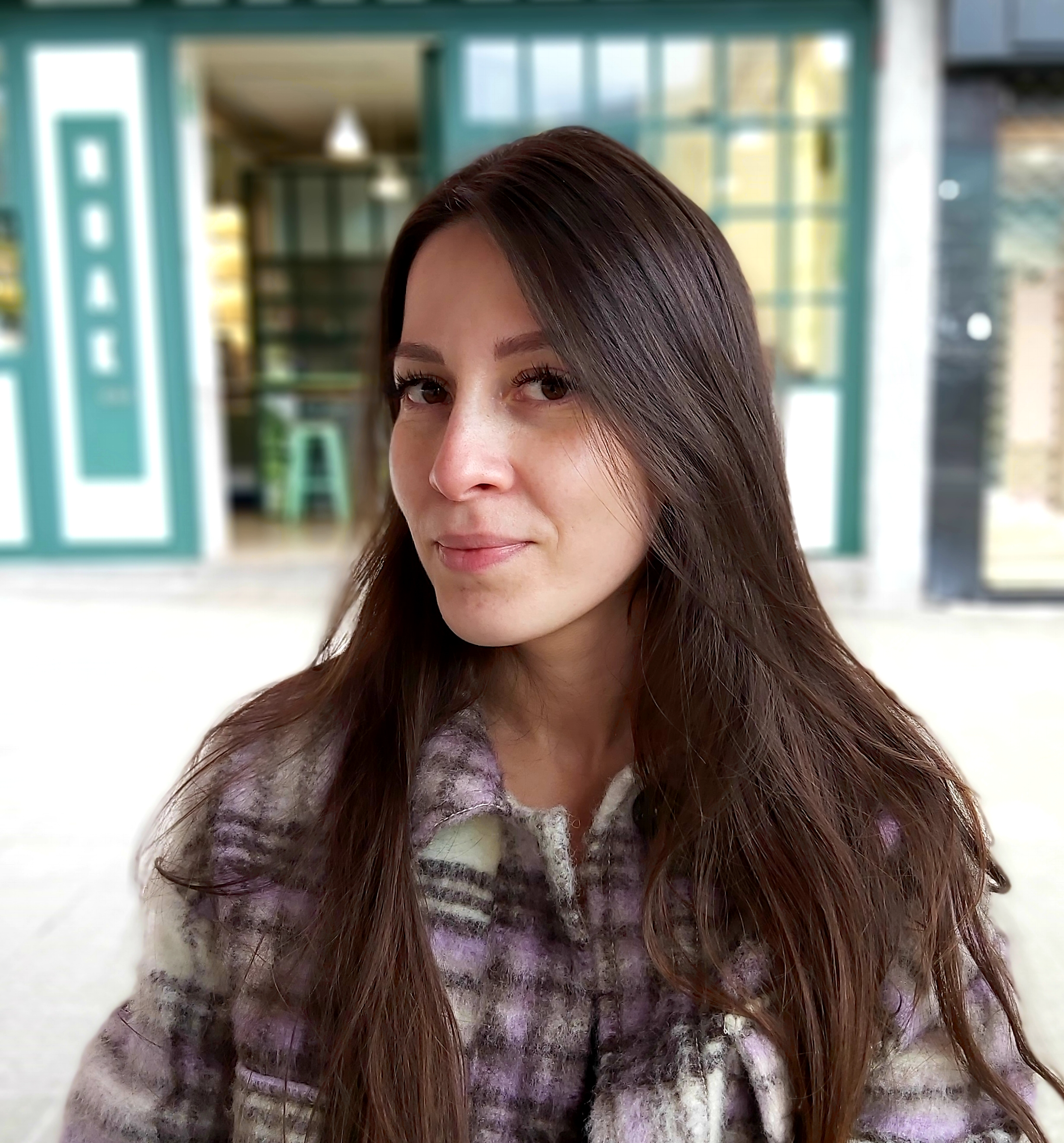Born in La Serena, Chile • Birth year 1983 • Studied Mathematics at Universidad de La Serena in Chile and at Université Pierre et Marie Curie – Paris VI in France • Highest Degree PhD in Mathematical Physics from Université de Cergy-Pontoise, France • Lives in Paris, France • Occupation Lecturer at the CY Cergy Paris University
I was a late starter in maths. As a child, I was always curious and interested in many things, I was an avid reader and spent a considerable amount of time drawing. During highschool, I learnt about physics and chemistry and I was hooked on the quantum world. There, all the intuition was lost and the usual rules of physics didn’t apply anymore, it was fascinating, like Alice in Wonderland! But even then, maths was not among my main interests. I never made a connection with physics or chemistry. I knew it was something useful and necessary to know, but I always kept it at a reasonable distance. You would never see me solving maths exercises for fun. Why would I, when I had a pile of comics and books to read and stories to draw?
I discovered operator and spectral theory, functional analysis and the maths of quantum and statistical mechanics. And it was beautiful.
It was only when I entered university that my view of maths changed. University maths were something completely different. My hometown is a region of Chile known for its clear skies, suitable for observational astronomy. It’s where the first telescopes in Chile were built. So, since I didn’t have the resources to travel to the capital to study, studying physics at the local university seemed like a good fit. With all the innocence that the age of 17 could give me, I thought: if I’ll ever amount to anything, it shouldn’t matter where I start.
So, I decided to stay home and enroll in the local university physics program. The first two years of this program were in common with the maths program, and by studying physics I realized that maths was connected to many things and was very important. So important that at some point after two years I thought: I can’t continue this without having a good understanding of maths (I would have made a terrible physicist). During those two years, I found beauty in the clarity of maths. I got a first glimpse of the elegance of proofs and the usefulness of drawing the picture to go with it. I discovered operator and spectral theory, functional analysis and the maths of quantum and statistical mechanics. And it was beautiful. I was excited to be able to study physics problems from a rigorous and clear point of view.
I went to Paris, without knowing anyone, with no grant and no connections whatsoever.
So excited that I didn’t stop when I finished my undergraduate studies. I went to Paris, without knowing anyone, with no grant and no connections whatsoever. With all the courage that ignorance can give. Ignorance of the country, of the system, of how academia works. That ignorance and the support of my family made me brave enough to cross the ocean looking to satisfy my curiosity.
It’s been many years since that happened. I did my Master’s in Paris and then continued with a PhD in mathematical physics. I successfully applied to a Marie Curie Fellowship of the EU to do a postdoc in Munich. Then I did a postdoc in Bonn. Then I was a Junior Professor in Duesseldorf, I was a DFG (German Research Foundation) grant holder, I supervised students. I still do. Now I’m back to France as a lecturer. I’m also an illustrator and for the past years I’ve been focusing on mathematical communication.
This is my mathematical adventure (…). And I say adventure because this was clearly a detour, as I was supposed to become an illustrator. Now I’m both.
Looking back, I am aware now that I was a total outsider. I made my way through it and became part of the system, taking an unusual path and building my own alternative journey. Academia is tough, it’s elitist, it’s traditionalist, it’s conservative, it’s a lonely place and can lead to a lot of frustration when one does not entirely fit. It’s easy to get lost in the bad thoughts when there is no support for those that don’t follow a straight path. However, I’ve met some wonderful people along the way who helped me build my path, collaborators, and friends, and with them I’ve been able to experience the part of the job that is about connections. Connecting ideas, connecting with colleagues, connecting with students, connecting with people. That is the best side of this job, and I’m grateful for that. This is my mathematical adventure, it has ups and downs and cliffhangers and suspense, and some teary moments and some funny ones. And I say adventure because this was clearly a detour, as I was supposed to become an illustrator. Now I’m both.
I like to remember how my mathematical adventure started, because it helps me feel connected with my most essential motivations. My motivations weren’t to be a tenured professor, or a group leader, or get all the grants. My motivations were to discover and enjoy the act of discovering.





Recent Comments